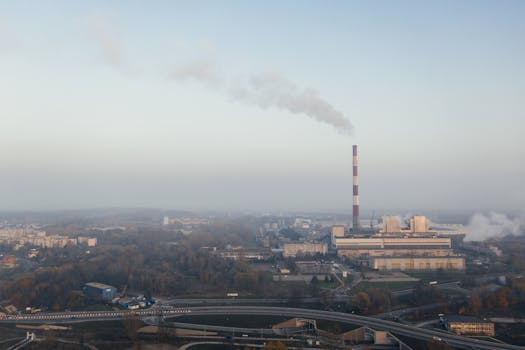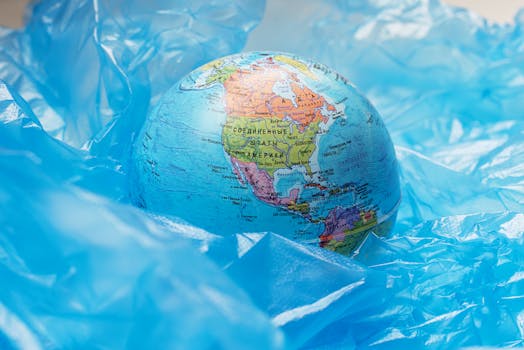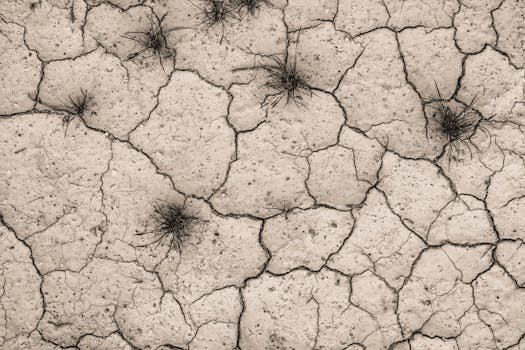
Climate Change and Global Ecosystems
Climate Change is one of the most pressing issues of our time, and its impact on global ecosystems is a major concern. Rising temperatures, more frequent natural disasters, and changing weather patterns are all having a profound effect on the health and biodiversity of ecosystems around the world.
The Effects of Climate Change on Ecosystems

Climate change is affecting ecosystems in a variety of ways, including:
- Rising temperatures: As global temperatures rise, many ecosystems are struggling to adapt. This can lead to changes in the distribution and abundance of plants and animals, and can even cause some species to become extinct.
- Changing weather patterns: Changes in precipitation and weather patterns are also having a major impact on ecosystems. Droughts, floods, and other extreme weather events can be devastating to plants and animals, and can even affect human communities.
- Sea-level rise: As the planet warms, sea levels are rising, which can lead to coastal erosion, flooding, and saltwater intrusion into freshwater ecosystems.
Consequences of Climate Change for Ecosystems

The consequences of climate change for ecosystems are far-reaching and can have significant impacts on human societies. Some of the most significant consequences include:
- Loss of biodiversity: As ecosystems are disrupted by climate change, many species are struggling to survive. This can lead to a loss of biodiversity, which can have significant impacts on ecosystem function and human well-being.
- Decreased ecosystem services: Ecosystems provide a range of essential services, including clean air and water, soil formation, and climate regulation. Climate change can disrupt these services, which can have significant impacts on human health and well-being.
- Increased risk of natural disasters: Climate change is increasing the risk of natural disasters, such as hurricanes, wildfires, and floods. These events can have significant impacts on human communities and ecosystems.
What Can We Do to Mitigate the Effects of Climate Change?

While the impacts of climate change are significant, there are many things that we can do to mitigate its effects. Some of the most effective strategies include:
- Reducing greenhouse gas emissions: One of the most effective ways to mitigate the effects of climate change is to reduce our greenhouse gas emissions. This can be done by transitioning to renewable energy sources, increasing energy efficiency, and protecting natural carbon sinks like forests.
- Protecting and restoring ecosystems: Protecting and restoring ecosystems can help to maintain their function and biodiversity, even in the face of climate change. This can involve restoring habitats, reintroducing native species, and reducing pollution.
- Supporting climate-resilient agriculture: Climate-resilient agriculture involves using practices and technologies that help farmers to adapt to the changing climate. This can include using drought-tolerant crop varieties, implementing conservation agriculture, and supporting agroforestry.
Conclusion

In conclusion, climate change is having a profound impact on global ecosystems, and its effects will only continue to worsen if we do not take action. However, by reducing our greenhouse gas emissions, protecting and restoring ecosystems, and supporting climate-resilient agriculture, we can help to mitigate the effects of climate change and create a more sustainable future for all.





